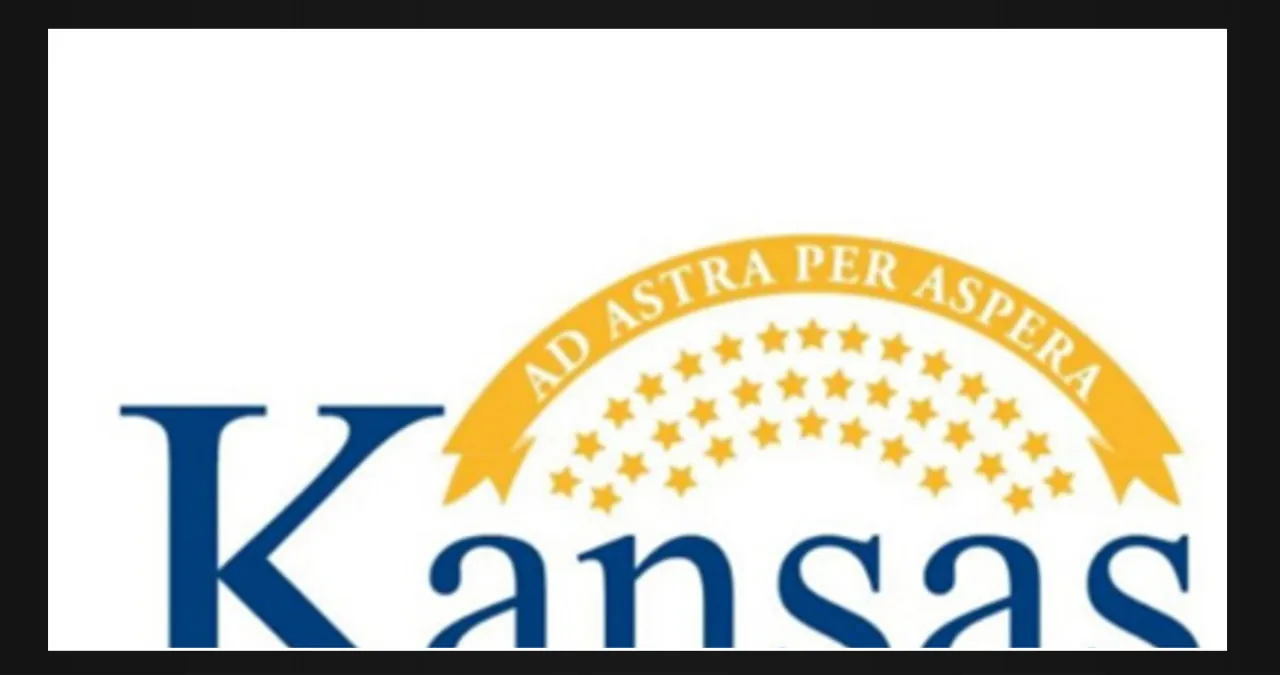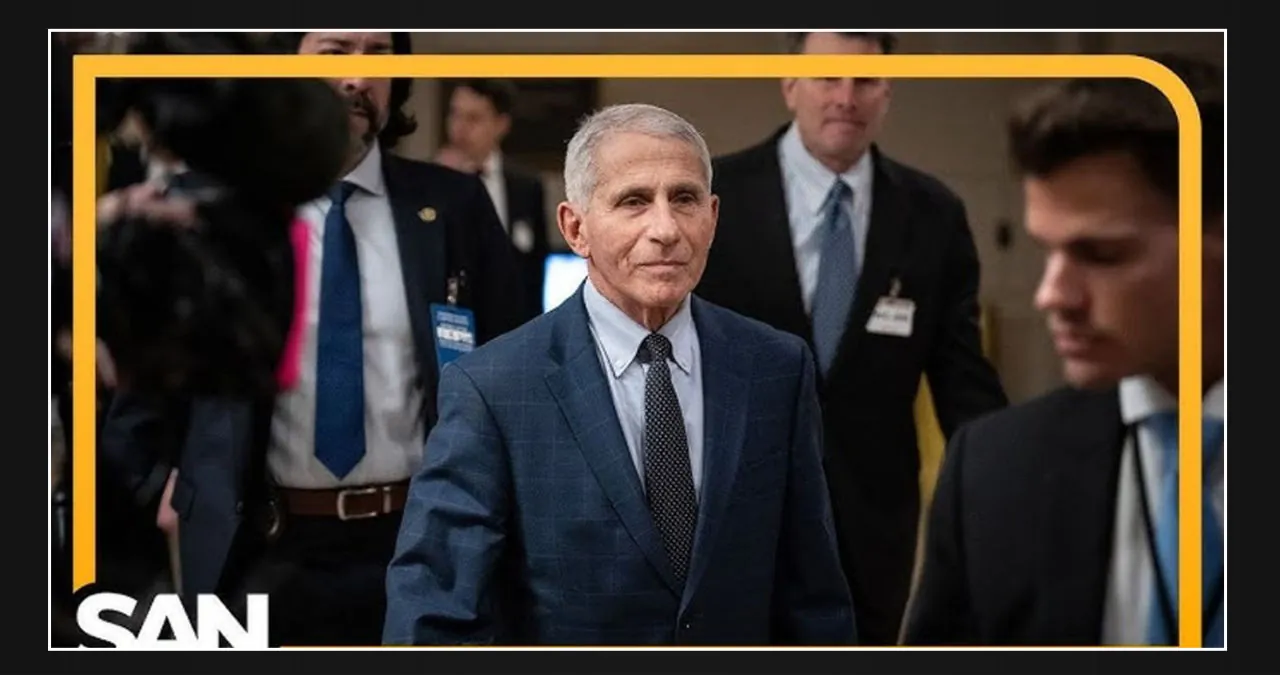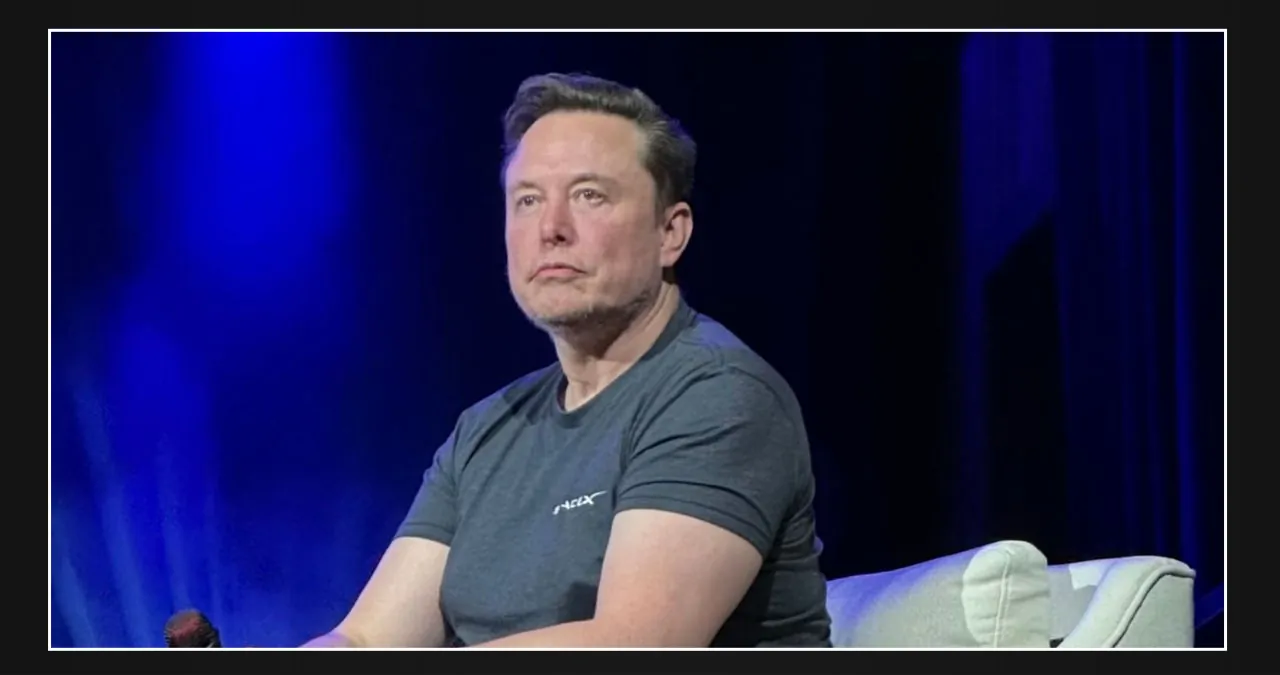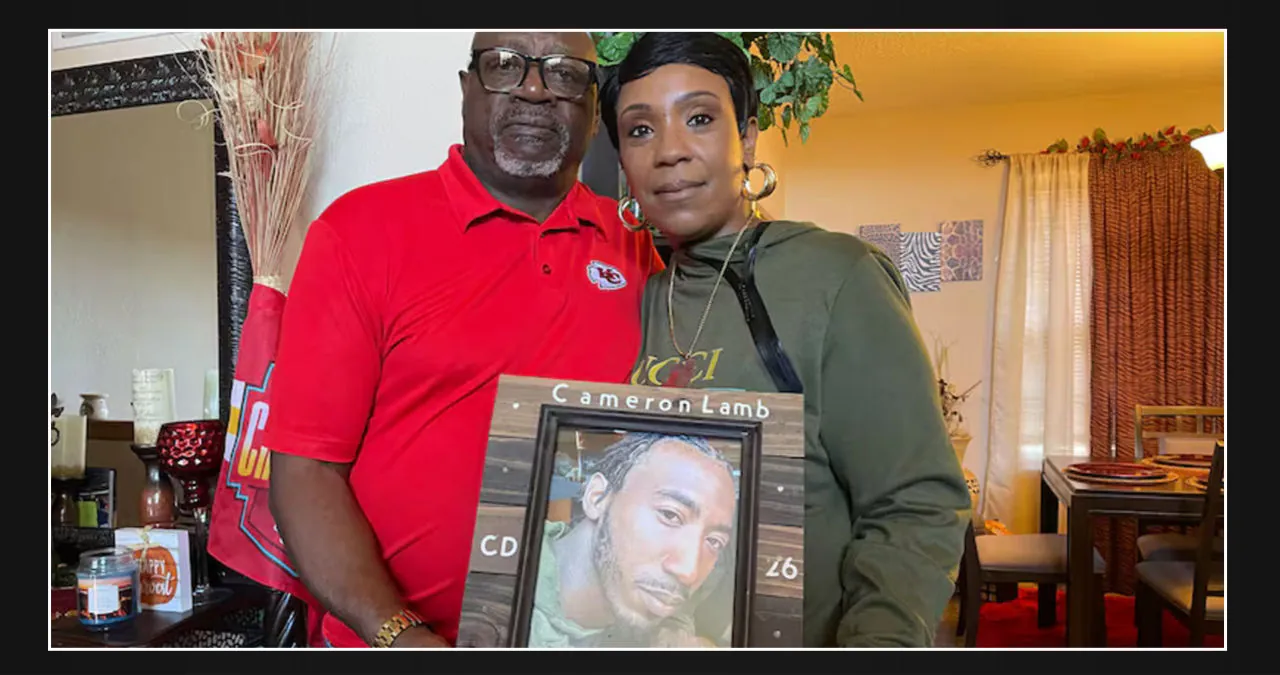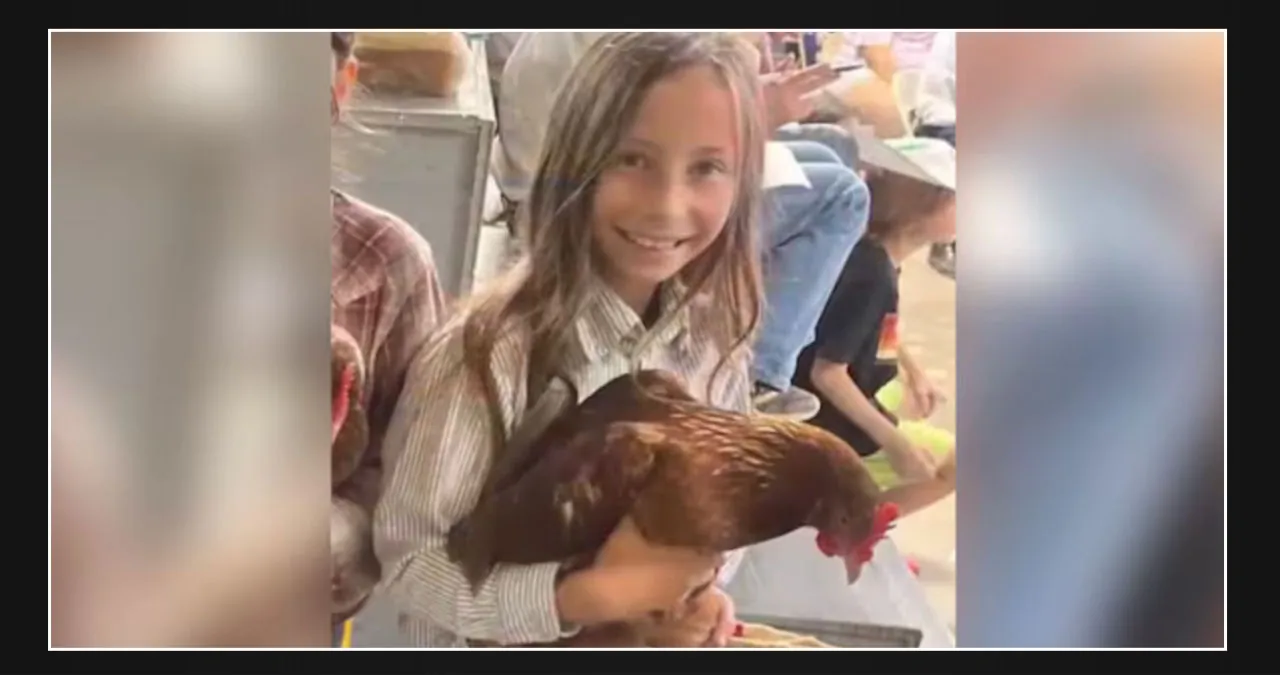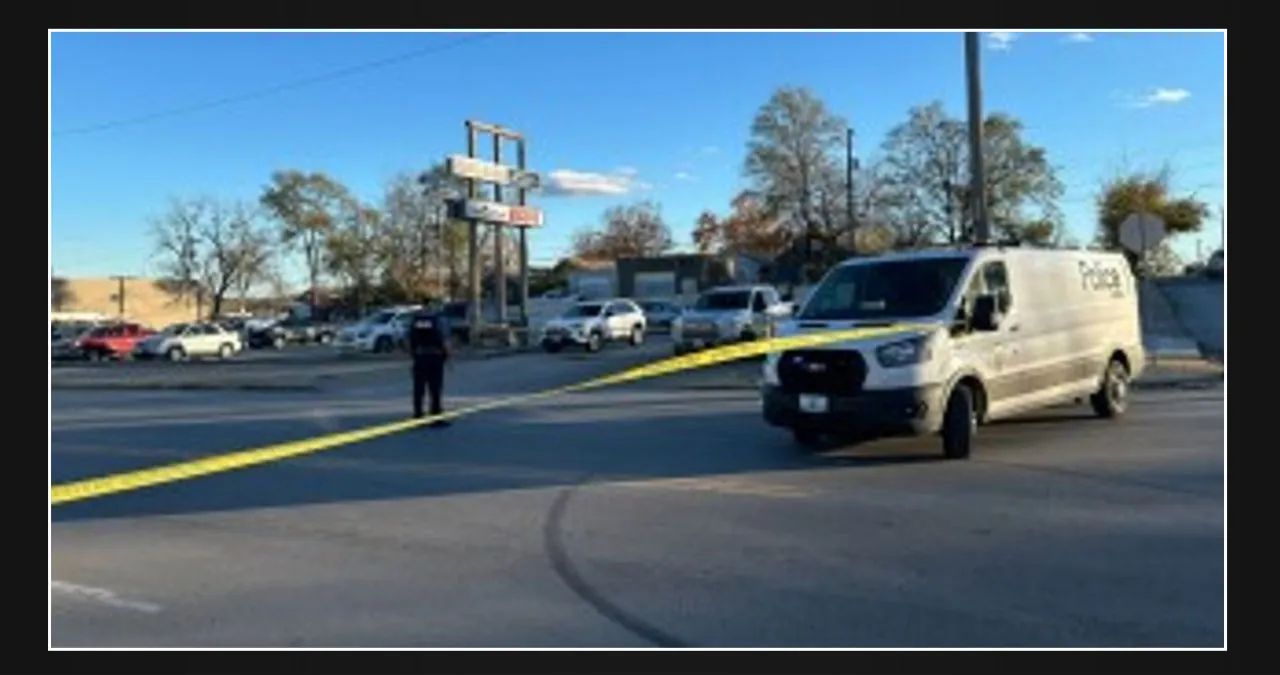The Kansas Department for Children and Families (DCF) has recently announced that starting on Monday, November 18, Kansans who require support with their winter energy bills can apply for the Low Income Energy Assistance Program (LIEAP). The program will be accepting applications until 5 p.m. on March 31, 2025.
“Kansas winters can be harsh and unpredictable, and they often come with soaring heating bills. In order to provide families with the assistance they need to tackle these expenses and stay cozy in their homes, the LIEAP application period will commence in mid-November,” shared DCF Secretary Laura Howard.
The Low Income Energy Assistance Program (LIEAP) extends a yearly financial assistance to eligible households, enabling them to cover the costs of winter heating. This support is available for homes utilizing various heating sources such as electricity, natural gas, propane, and other fuels. In the year 2024, a substantial number of Kansas households, totaling over 40,000, were beneficiaries of this program. On average, each household received a benefit amounting to $645.
To qualify for the program, households must have an adult living at the address who is responsible for the home’s heating costs. In order to be eligible, applicants must have an income that is at or below 150% of the federal poverty level. The amount of assistance provided through the program is determined by factors such as the household’s income, the number of people living in the home, the type of residence, the type of heating fuel used, and the utility rates in the area.
DCF and partnering energy companies have organized in-person events to assist Kansans in submitting their LIEAP applications. To find out the schedule of these events, you can visit the official website dcf.ks.gov. When applying for LIEAP, it is important for Kansans to bring along their identification, proof of income for all adult household members, copies of heating utility bills (such as gas, electric, propane, etc.), and a copy of their rental agreement if they live in subsidized housing. For a complete list of required information, you can refer to the FAQ document. Moreover, partnering energy companies such as Atmos Energy, Black Hills Energy, Evergy, Kansas Gas Services, and Midwest Energy may also be present at these application events within their respective service areas.
To access the applications, visit the official website at dcf.ks.gov and click on the “Apply for Services” button located on the top right side. The application period for LIEAP will open on November 18 and remain open until 5 p.m. on March 31, 2025.
2025 Income Eligibility Guidelines
The income eligibility guidelines for the year 2025 have been released. These guidelines determine whether individuals and families are eligible for certain financial assistance programs based on their income level. Individuals need to be aware of these guidelines in order to determine their eligibility for assistance.
The income eligibility guidelines are divided into different income levels, ranging from low income to moderate income. Each level has a corresponding income range that individuals and families must fall within to be eligible for assistance. The federal government determines these ranges, and it updates them every year to reflect inflation and changes in the cost of living.
For example, the low-income level may have a range of $0 to $25,000 for individuals and $0 to $50,000 for families, while the moderate income level may have a range of $25,001 to $50,000 for individuals and $50,001 to $100,000 for families. These ranges are meant to provide a general guideline for determining eligibility, but specific programs may have additional requirements or criteria.
Individuals and families should review the income eligibility guidelines for the programs they are interested in to determine if they meet the requirements. This information can typically be found on the program’s website or by contacting the program directly. It is also recommended that they consult with a financial advisor or counselor who can provide guidance on eligibility and assist with the application process.
By understanding the income eligibility guidelines for 2025, individuals and families can determine if they qualify for financial assistance programs and take the necessary steps to apply. These programs can provide much-needed support and resources to help individuals and families meet their basic needs and improve their financial situation.
The maximum gross monthly income refers to the highest amount of income a person or household can earn in a month before any deductions or taxes are taken out. It is an important factor used by lenders, landlords, and other institutions to determine eligibility for various financial products and services.
When determining the maximum gross monthly income, different factors may be taken into consideration, such as the number of individuals in a household, the cost of living in a particular area, and any additional sources of income. This calculation helps to ensure that individuals or households are able to afford their financial obligations and maintain a certain standard of living.
It is important to note that the maximum gross monthly income can vary depending on the specific requirements of different programs or institutions. For example, a government assistance program may have a different income limit compared to a rental property application.
Understanding the maximum gross monthly income is crucial for individuals and households as it helps them assess their financial situation and determine their eligibility for various programs and services. By knowing this limit, individuals can make informed decisions about their financial commitments and ensure they are within their means.
The cost for each additional person is an extra $672.50.
Discover more about LIEAP in Kansas, which includes a list of commonly asked questions, additional community resources, and the comprehensive schedule of LIEAP application events. The U.S. Department of Health and Human Services, Office of Community Service, provides funding for LIEAP through the Federal Low-Income Home Energy Assistance Program (LIHEAP).
